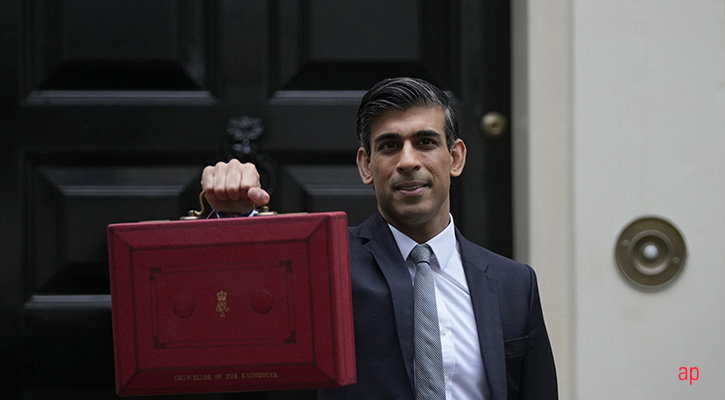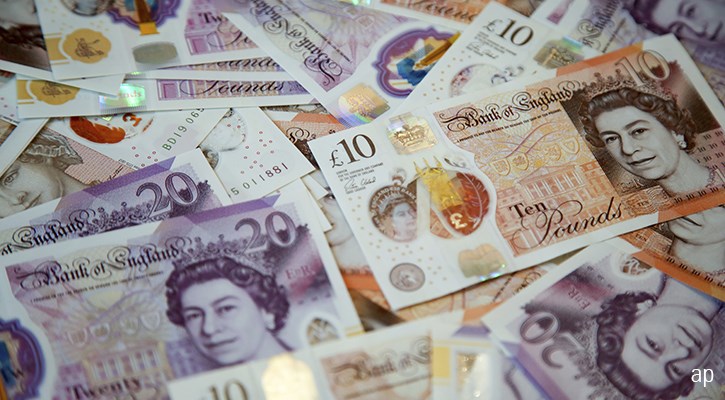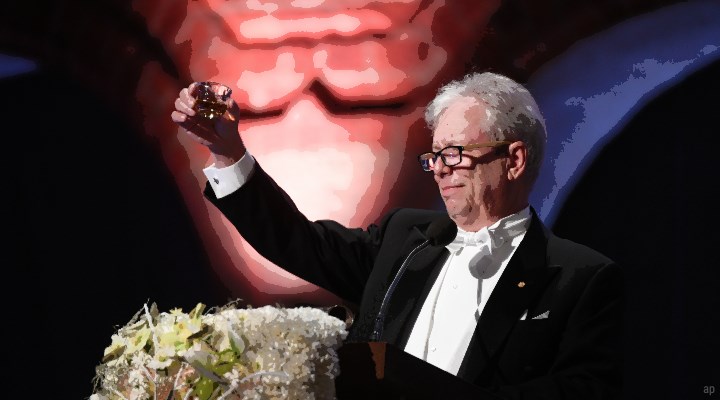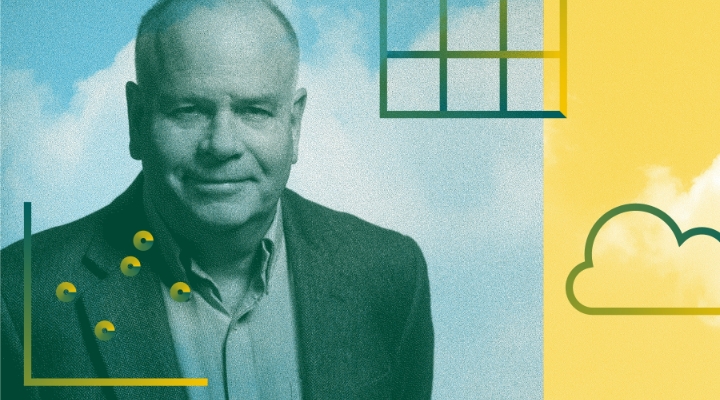
There are bigger uncomfortable truths doing the rounds right now, but let me reflect briefly on a very political one: there is no Rishi Sunak the chancellor without Boris Johnson the prime minister. Though his hedge fund background is now a topic of discussion, few would be able to cite exactly what Sunak was doing in politics before he hit the big time.
The answer is that he was actually already in the Treasury, serving briefly under predecessor Sajid Javid as chief secretary, a role with control over all public spending. Before then he was pretty much a political nobody, remarkable only for his views on Brexit at a point where everyone had one anyway.
As such, he has Boris Johnson to thank for plucking him from obscurity and plonking him in the house next door on Downing Street, just five years after entering parliament for the constituency of Richmond (where he took over as MP after veteran foreign secretary and former party leader William Hague stepped down to focus on writing for The Times, running charitable enterprises for the Duke and Duchess of Cambridge, and doing an admirable job as one of the only remotely sensible Tories left on the planet).
Core Values
To give credit where it’s due, Sunak had a good run for a long time. Within weeks of taking up the Treasury’s top job, he was staring down the barrel of the biggest peacetime national emergency in 50 years – arguably ever. He quickly established his political brand as a slick communicator and a calm voice, though he occasionally bordered on the patronising. Few doubted his designs on Number 10, and, at one point, most people were convinced it was a shoe-in. The strategy was simple enough: wait. Wait for it all to go wrong, and in the meantime keep a healthy distance between the two roles.
Things don’t seem to have worked out that well. First came partygate, for which Sunak was fined, drawing him politically very close to Boris Johnson, who has repeatedly faced calls to resign over his conduct in office. Read: various offices.
In a bid to handle the affair differently to Johnson, Sunak repeatedly apologised and coughed up the money, but it was money that further made his undoing. Next came the issue of his wife’s tax status. After it emerged Akshata Murty claimed non-dom status, Labour doubled down on the loophole, just as it did at the 2015 election (though that didn’t go so well at the time).
More revelations followed. As inflation spiralled, the chancellor suddenly appeared alongside his wife in the Sunday Times Rich List. Whether you view it as a political hit job or a perfectly-timed image implosion (I think it’s both), it was an incredibly inconvenient moment for the chancellor, whose entire credibility has rested upon his privilege giving him the experience necessary to run the country. At the time, it just made him look out of touch.
But if there was inconvenient timing, there was also stupidity. Beyond late night phone calls and occasionally panicked damage limitation press work, politicians often can’t control what journalists want to investigate. But they can control going on a £10,000 private helicopter trip to a Conservative dinner in Wales.
No doubt the chancellor’s team were keen to point out the flight had been paid for from the chancellor’s own wallet (rather than taxpayers’ funds), but all that did was draw yet more attention to the size of the chancellor’s wallet. For context, the flight from Battersea heliport on the Thames to Wales is around an hour. Median earnings in the UK are £31,772 per annum. You can do the math there. The optics were bad.
This is hardly the real story for voters, but forget not: though the Tory back benches are replete with wealthy individuals (and landlords), there are many who will never have as much cash in the bank as Sunak. For the bootstrap Conservatives watching from the wings, this kind of gaffe breeds resentment, and contradicts what many in the Party would regard as its most important values: hard work, humility, and discipline.
Heating Up
So where does that leave Sunak? Well: dangerously wedded to Johnson in several key ways. For starters, the prime minister’s patronage is what made him.
More pressingly, however, any call for an overhaul at Number 10 (either in the form of a leadership challenge or an election, or both) could easily engulf the chancellor, and, if he happened to be forced out onto the doorsteps to campaign, he may well find it very hard indeed to engage people whose primary concern will be whether they can afford to heat their homes and clothe and feed their kids.
In the end it’s about truth, though. While partygate rumbled on, Sunak was photographed putting fuel in a car at a petrol station. It was a classic promotional shot for his March Spring Statement, which introduced the biggest cut to UK fuel duties ever seen. The sticking point? It wasn’t his car, and, in a prophetic irony, the fact he paid for the fuel himself again merely drew attention to the contents of his bank account. "I’m so rich, I can afford to fill up a car and not even drive it away," seemed to be the statement.
You can expect more of this. Why? Because it’s just to easy to spot, and, politically, it’s just too easy to exploit. The chancellor used to be pictured preparing budgets with a £180 Ember travel mug (feat. customisable temperature). You may well notice a toning down of that kind of imagery in future. Frankly, it would be an easy win at a point where the chancellor needs one.
Ollie Smith is UK editor at Morningstar





























